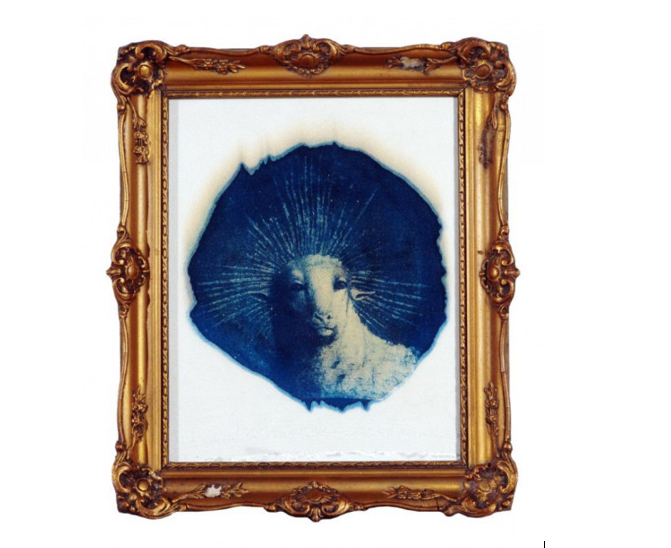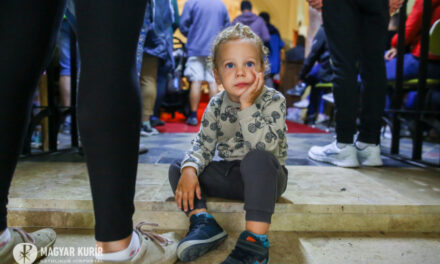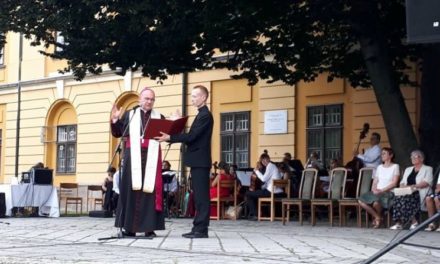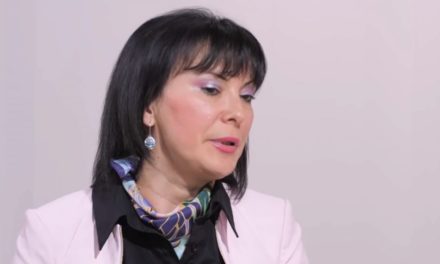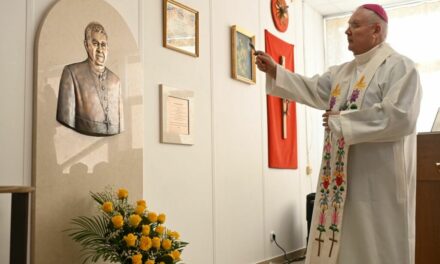Industrial artist Eszter Borsódy and painter Zsuzsa Nemes were able to take over the XI. Contemporary Christian Iconography Biennale awards on Saturday in Kecskemét.
The awards, which were offered by the Ministry of Culture and Innovation, were handed over by András Pataki, Deputy State Secretary for Art, Public Culture and Public Collection Affairs, at the exhibition closing event held in Cifrapalota. 178 artists submitted 177 works and series to the biennale's call published in March this year, of which the jury recommended 127 works by 128 artists to be exhibited and published in the catalog.
This year's themes of the biennale were animals and plants.
Following our thematic call, which changes every two years, this time we presented representations related to animals and plants to the general public. In the Bible alone, we can read about 121 species of animals and 80 - while others say approximately two hundred kinds - of plants, and not only about their creation or their rescue in connection with the story of the flood, but they are also often mentioned in similes and parables.
Plants and animals have become indispensable parts of Christian art regardless of the Holy Scriptures or apocryphal literature - said jr. Art historian László Gyergyádesz, curator of the biennale. The head of the fine arts department of the József Katona Museum in Kecskemét added: in Christian iconography, their symbolic representations are particularly important both together and separately, connected to the legends of the saints, even as attributes, as well as the depictions of fantasy creatures or the signs of the zodiac. Ceramicist and industrial artist Eszter Borsódy earned the recognition with her patterned smoky, mixed-glaze work entitled Hope, or Noah's Gene Cage. Painter Zsuzsa Nemes won the Ministry's prize with her painting "Beehive in the Enclosed Garden".
The finale ended with an unusual guided tour, with the participation of the Scherzo Vegyeskar Závori Eria from Kecskemét.
Source: vasarnap.hu / MTI
Cover image: József Katona Museum of Kecskemét

